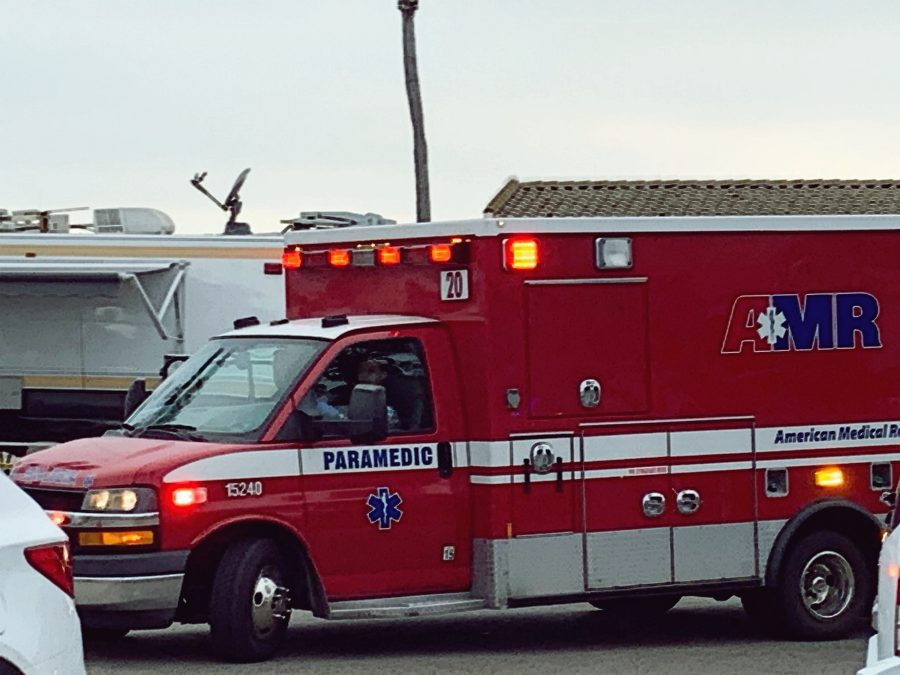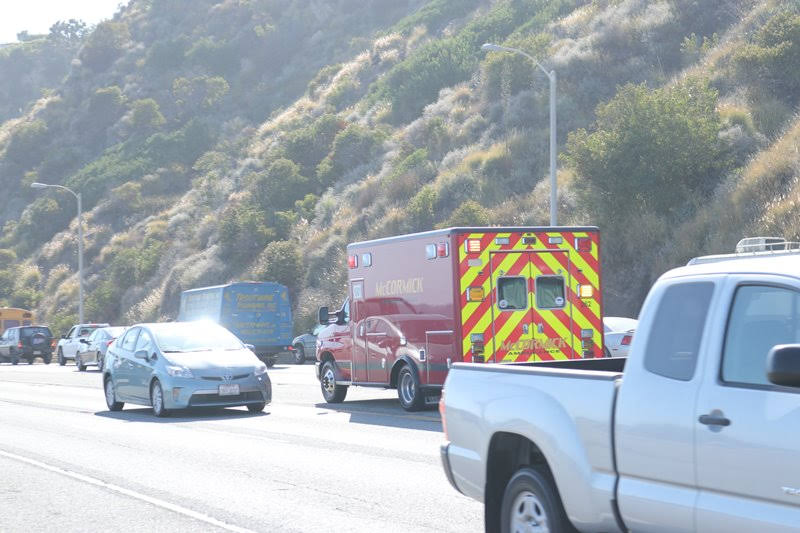Your body needs adrenaline, and human beings have evolved to make use of it in dangerous and stressful situations. It is part of your flight-or-fight response. This triggers in your brain when your amygdala senses potential danger and alerts your hypothalamus to take action. The hypothalamus then quickly communicates with your adrenal glands, which produce the actual hormone and allow it to enter your bloodstream.
All of this happens to keep you alive. If you find yourself in a threatening situation—historically, an attack from a predator or another human—you must either aggressively counter the threat or escape the situation. Adrenaline helps you do it.
Modern issues
The problem is that this evolutionary trait may help you significantly against the threats that allowed it to develop, but it does not always translate well into the modern world. Many things that the body perceives as threats are simply stressors that people do not need to fight or flee from. In some cases, people seek out these thrills—riding roller-coasters or going skydiving, for instance—while others simply must face stress in their daily lives, like the employee giving a company-wide presentation at work.
One of the main things that can lead to the release of adrenaline in the modern era is a car accident. Your body understands the physical threat intuitively and does all it can not just to avoid injury, but to stay alive through that injury. The rush of adrenaline can:
- Increase your heart rate
- Heighten your senses
- Cause you to start sweating
- Increase your breathing rate
- Lower your ability to feel pain
- Dilate your pupils
- Increase your strength
- Give you better physical performance than you could manage under normal circumstances
- Make you feel jittery and on edge
Again, this helps you, even though serious injury. If you cannot feel the full extent of the pain, for instance, you can keep your wits about you and seek proper medical treatment. You can escape a dangerous situation, like a car that catches on fire. The response works.
The problem, though, is that you may not even realize the extent of your own injuries. There are countless stories of people with internal bleeding, traumatic brain injuries, serious spinal cord injuries, and other such issues who did not even think they got hurt. They may have turned down medical treatment at the scene.
The future
In the coming days or weeks, though, those injuries became very apparent. They started experiencing pain and a host of other symptoms. Many had to seek medical care much later on.
This is why it is important to go to the hospital, no matter how you feel. You may have injuries you cannot diagnose yourself. If you do, you also need to know what steps to take to seek financial compensation for your costs.






 3033 Kettering Blvd.,
3033 Kettering Blvd.,
 contactus@attkissonlawfirm.com
contactus@attkissonlawfirm.com